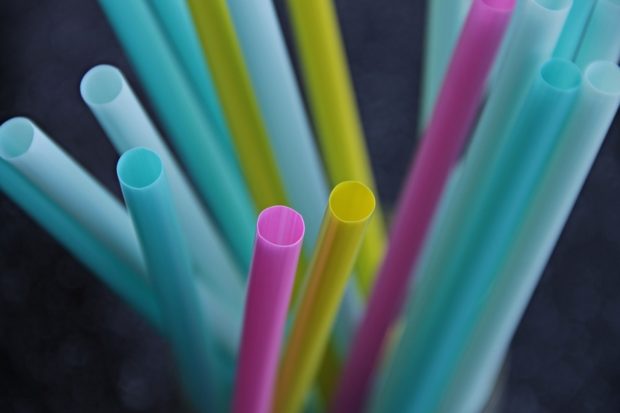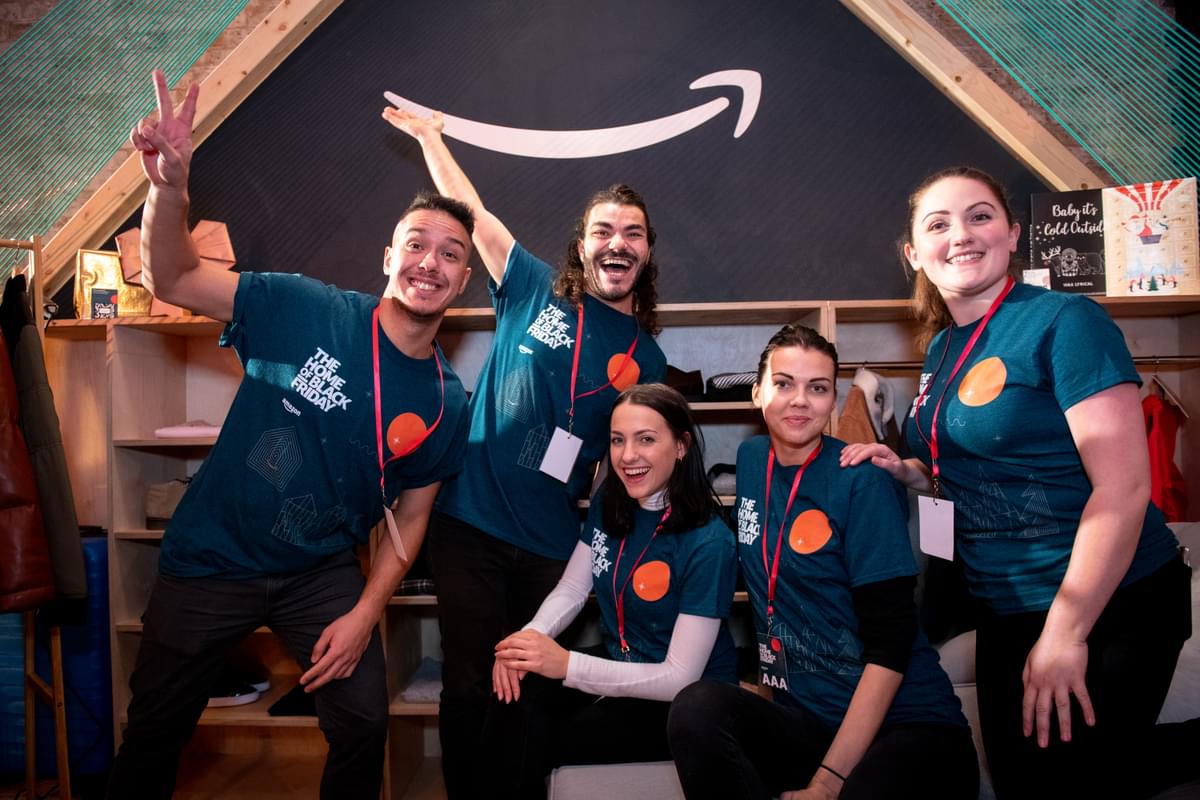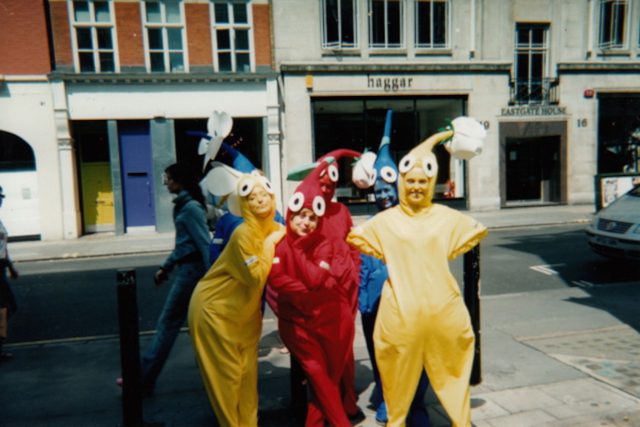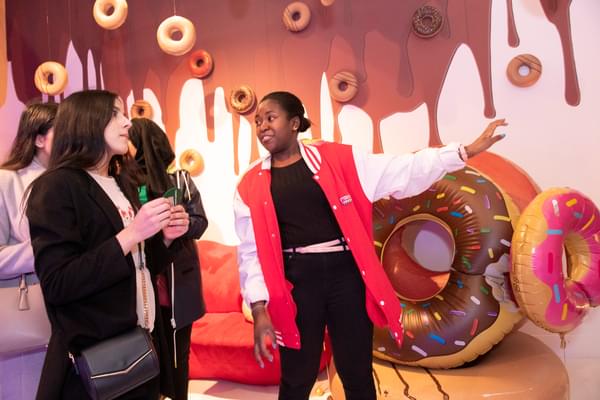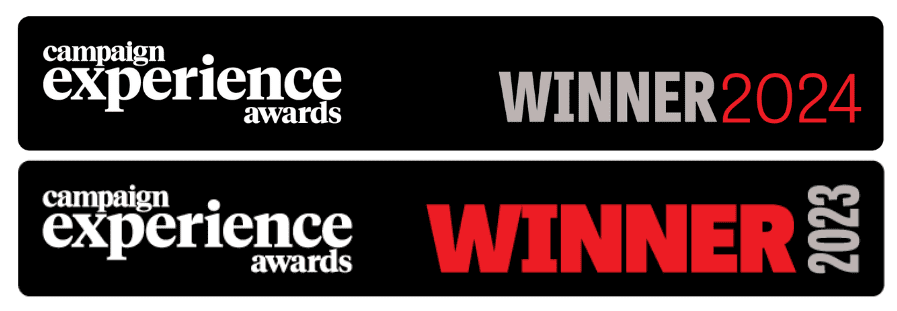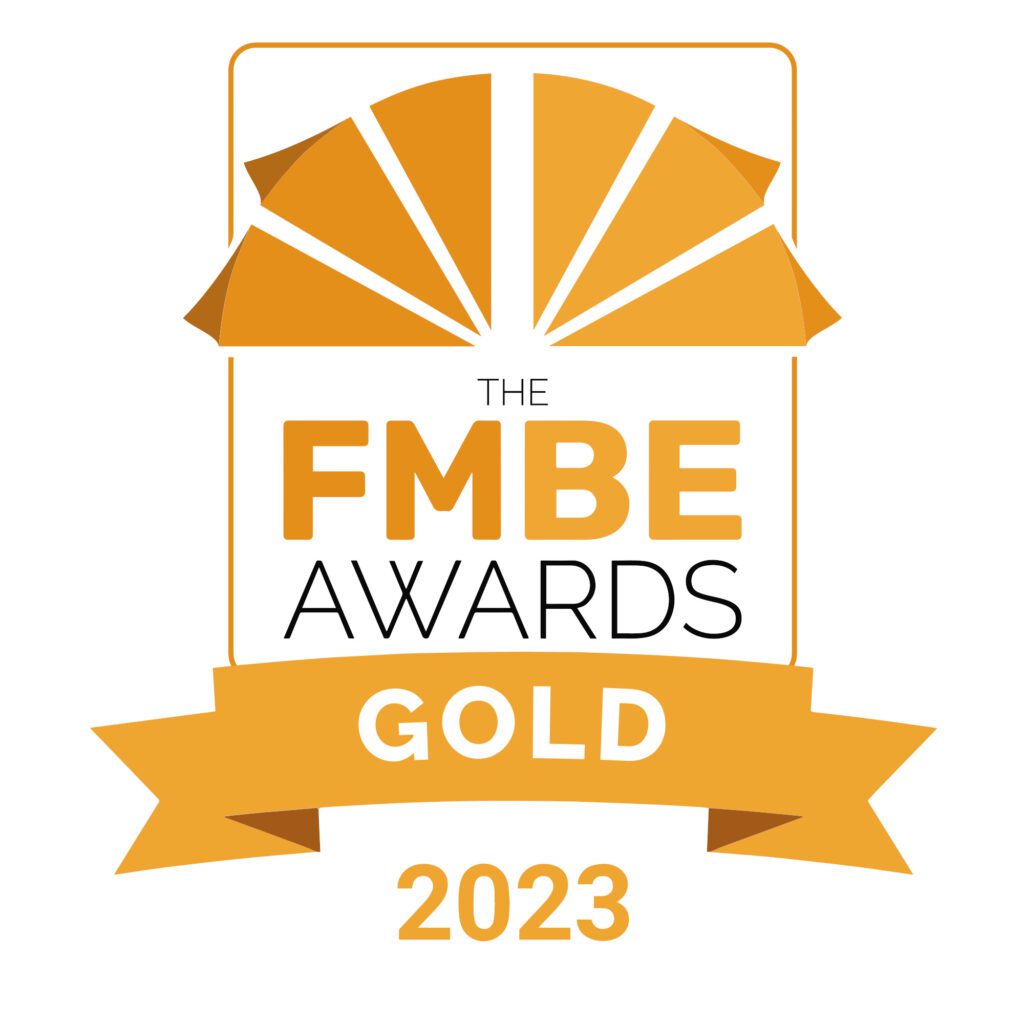Straws
There was something that just didn’t sit right with us here at HEL’s HQ. A common sight in the hospitality industry, so habitual, normalised and superfluous, they are often placed in cocktails and drinks two at a time. They last the lifetime of a drink but also the lifetime of our earth…STRAWS.
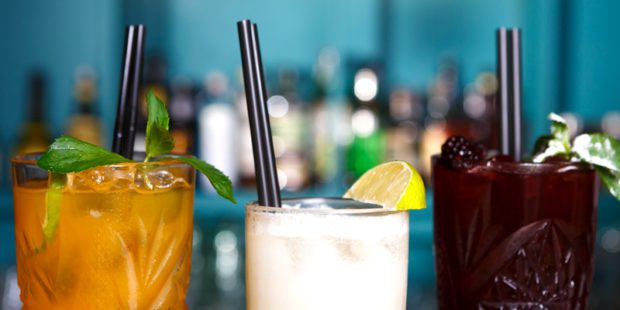
In 2016 HEL’s took the decision to stop providing plastic straws as a standard item at any of our hospitality events. The final episode of The BBC’s Blue Planet II takes an unflinching look at the impact of humans and their deposable attitude to plastics on marine life. 8.3 billion tonnes of plastic have been produced since the 1950s with an estimated five trillion pieces of microplastic in the sea and growing.
There was much public outcry.
This spotlight has seen a huge movement within the hospitality industry worldwide. Independent and chain businesses are reducing their use of straws, some ban them outright, whilst others are adopting a provision on request to address this issue. We have also seen a rise in campaigns drawing attention to the reduction or calling for an outright ban on single-use plastics and straws. The Marine Conservation Society is urging more venues to take this approach. Requesting that those that are needed are recyclable, or natural materials that are biodegradable in an attempt to eliminate single-use plastic straws. Why use a straw at all? For some drinks, frozen, blended, those with crushed ice or a Kew Gardens-sized garnish, it is nearly essential to use a straw, but not all drinks need to be served with one. Going without is a significant saving on costs and surely the most environmentally-friendly method.
However, how do you drink a frozen margarita without a straw?
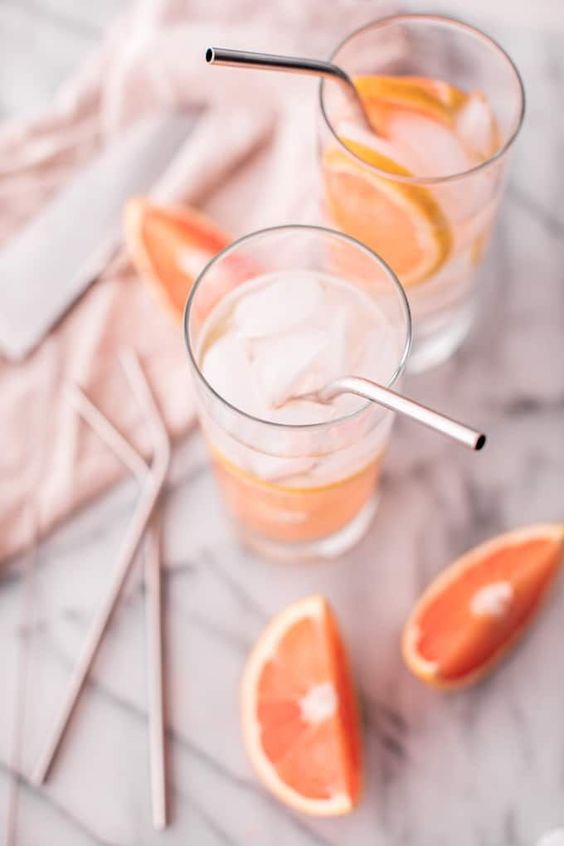
Alternatives To Plastic Straws
The idea of biodegradable straws probably brings to mind stripy paper tubes that are soggy after a few sips of your libation. And whilst they remain the cheapest environmentally friendly option, they are no longer the only choice. We see the future of straws in the following alternatives:
Bamboo
Reusable, durable and biodegradable. Bamboo is fast-growing and generally seen as being one of the most sustainable plants due to the speed at which it grows. What’s not to love? Ok so it might not suit all events – Tiki themes are a given but as demand grows, we feel design will surely follow.
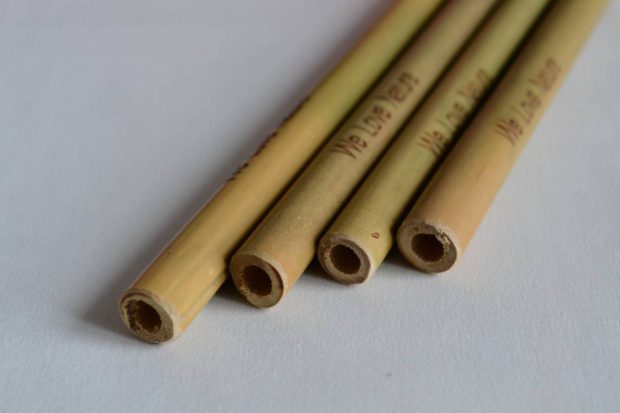
Paper
Production is improving and with the average drink lasting only up to 20 minutes, these cute and colourful alternatives are a great way to add a splash of colour without the greater cost to the environment. There is also scope for branding to be printed directly onto these bad boys.
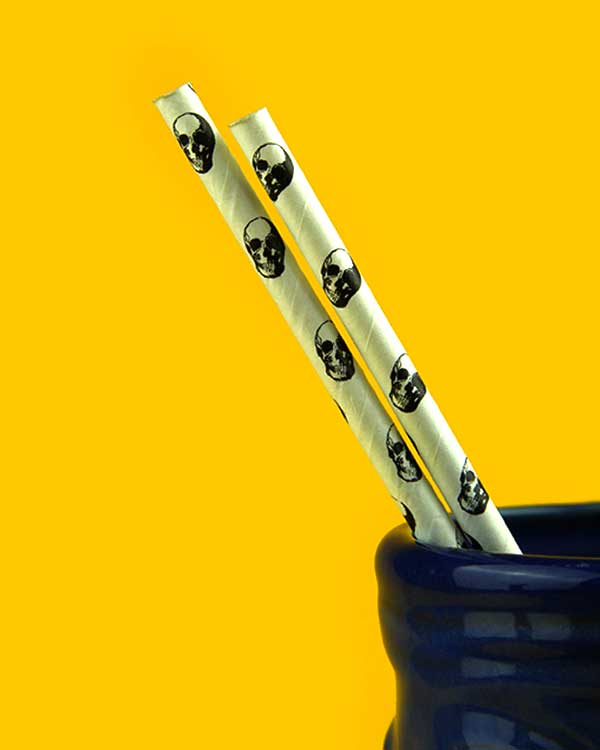
Straw Straws!
In centuries past, all drinking straws were made from stalks of grain – called straw – hence the name! What could be more natural, sustainable and eco-friendly than that?
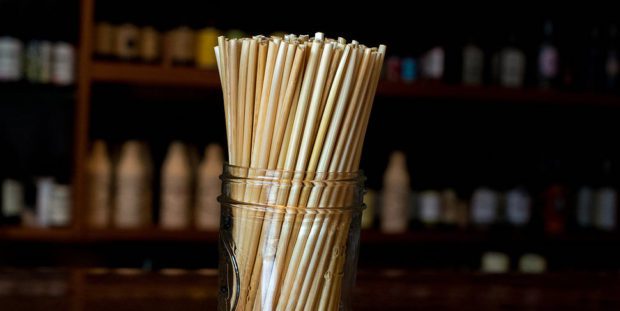
Reusable, Silicone or Metal
The idea of reusable and branded straws, making them covetable to consumers, is a perfect solution to reducing waste and increasing brand awareness. The rise of copper drinking vessels (pineapples anyone!) with their metal straws has not gone unnoticed in the industry.
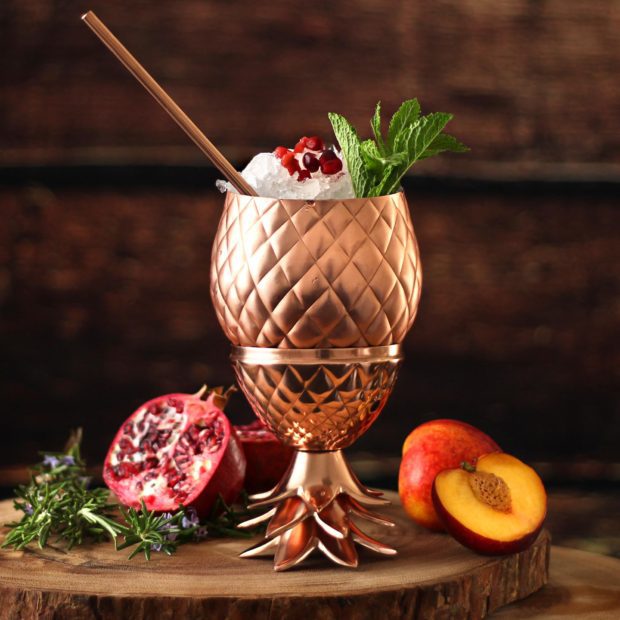
Biodegradable polylactic acid (PLA)
However, biodegradable and compostable straws do not break down in the marine environment as the water is too cold, therefore we wouldn’t recommend them as an alternative unless you can dispose of them responsibly.
